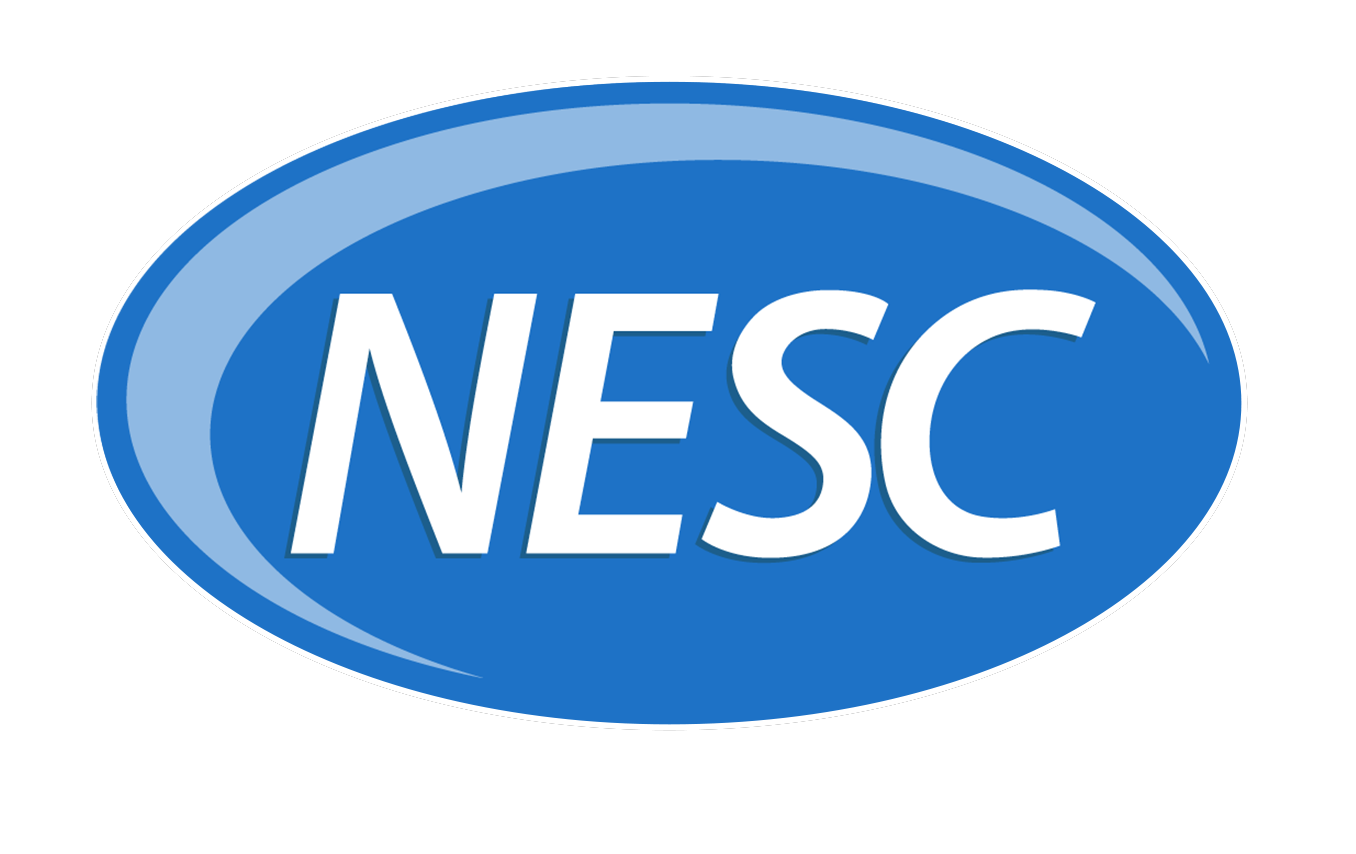The Challenge
In 2006, the Connecticut Humanities Council (CHC) embarked upon a year-long environmental scan to evaluate the CHC’s heritage grant-making effectiveness. The scan identified three areas of greatest challenge facing heritage organizations today: the necessity to understand the changing interests of new audiences, the necessity to create and support effective leadership, and the necessity to improve financial stability. In response, the CHC overhauled and re-shaped its traditional granting programs in the fall of 2007 into two granting strands: organizational effectiveness (inward looking) and community impact (outwardly focused).
Next, the Council created a Heritage Resource Center and Field Services Program in the spring of 2008. The HRC gives museum directors, staff and board members access to resources that help them adapt and respond to the unprecedented challenges facing organizations of every size today. Visitors to the HRC website find reviews of new books and articles, recommendations on the most useful websites and blogs, and special reports, surveys and audience studies. As part of its field services program, the CHC called upon NESC to develop a pilot program to help small heritage organizations in Middlesex County.
The NESC Solution
The NESC team collaborated with CHC’s Director of the newly created Heritage Resources Center to create and conduct a pilot Directors Roundtable Discussion series for six directors of small historical societies in Middlesex County. This series of six monthly, two-hour facilitated discussions produced an active exchange of new ideas, the most important involving ways to grow revenue and reduce expenses.
According to the Director, “another important goal of the series was to promote networking and collaboration as an effective strategy to address common concerns and leverage opportunities. This was one of several important outcomes achieved from the series because the participants developed a series of concrete possibilities for future action including ideas to share staff and develop joint public programs. The group has continued to move forward with their project, has continued to meet on their own, and the CHC anticipates that group participants will be seeking future funding from CHC.”

